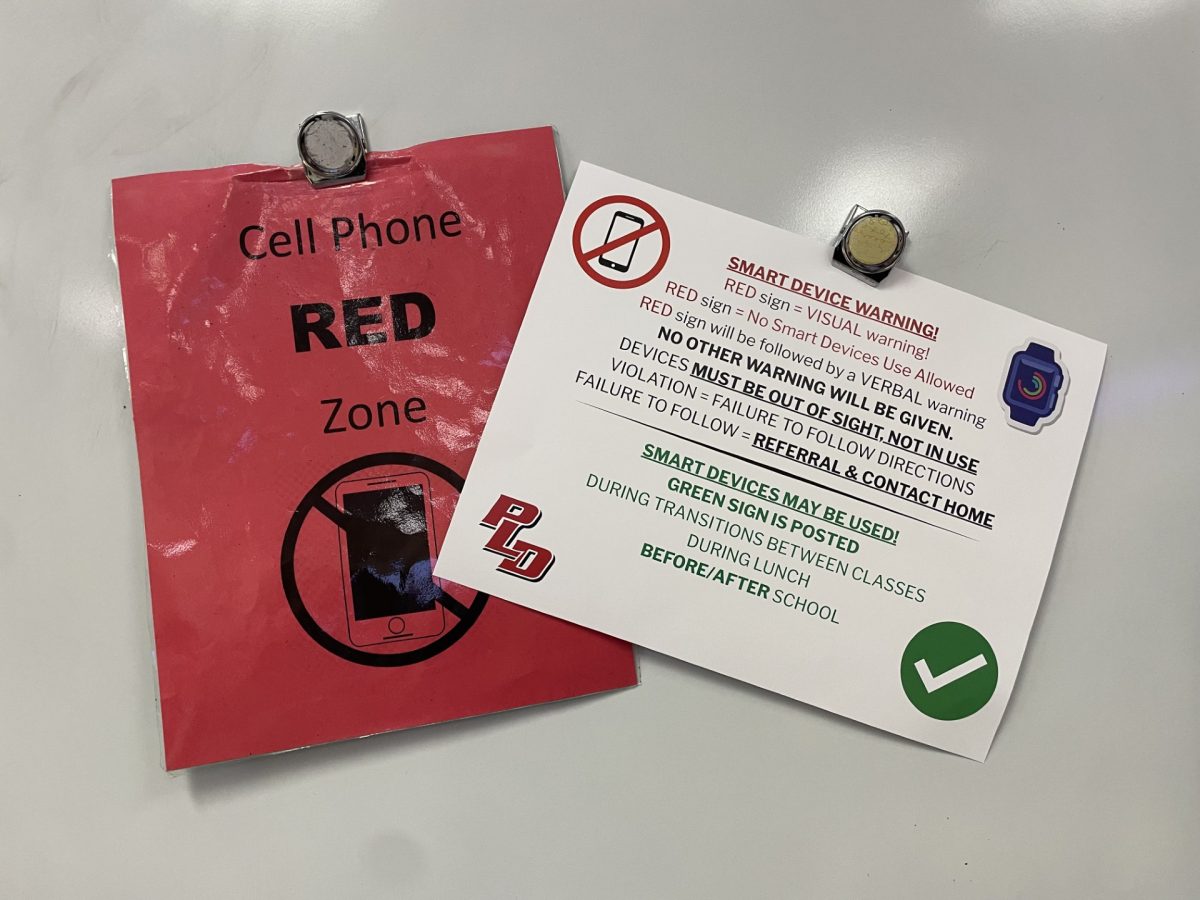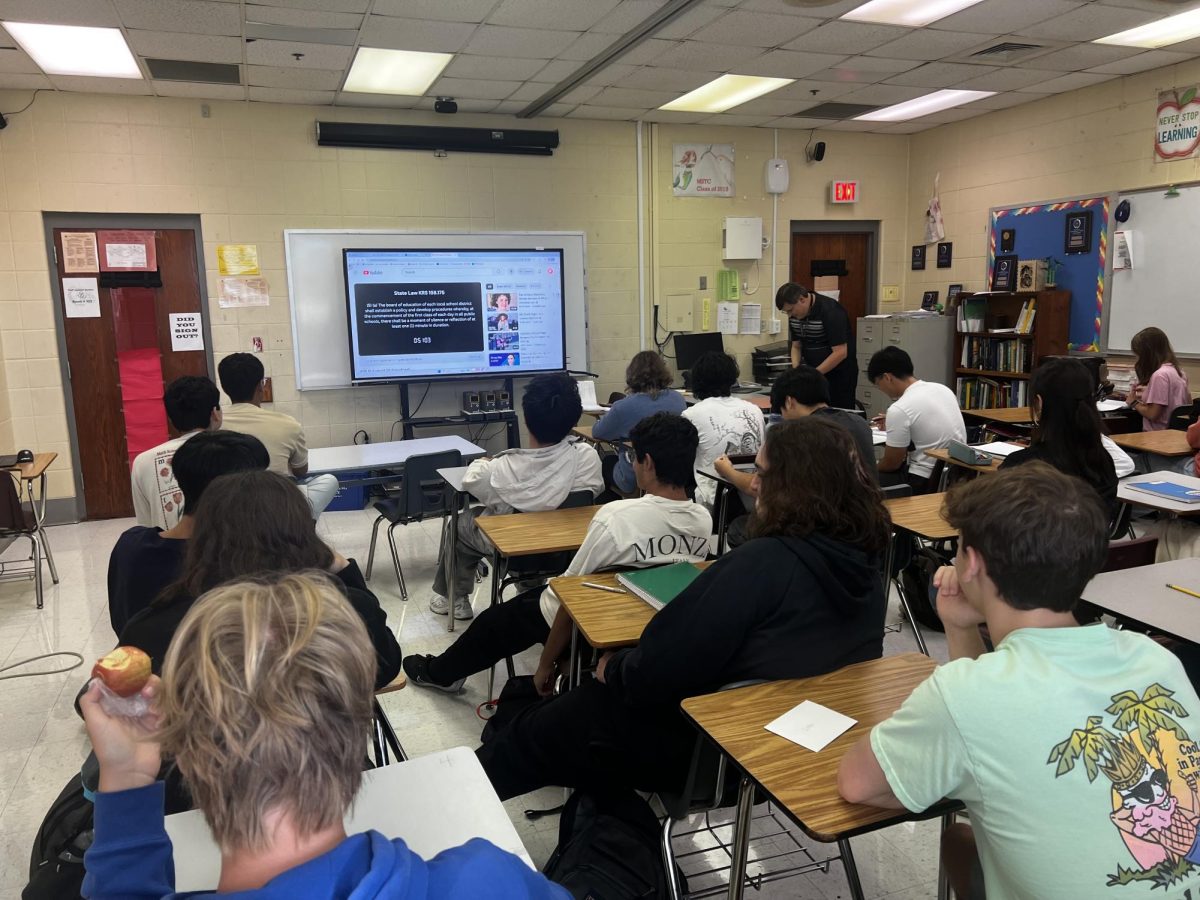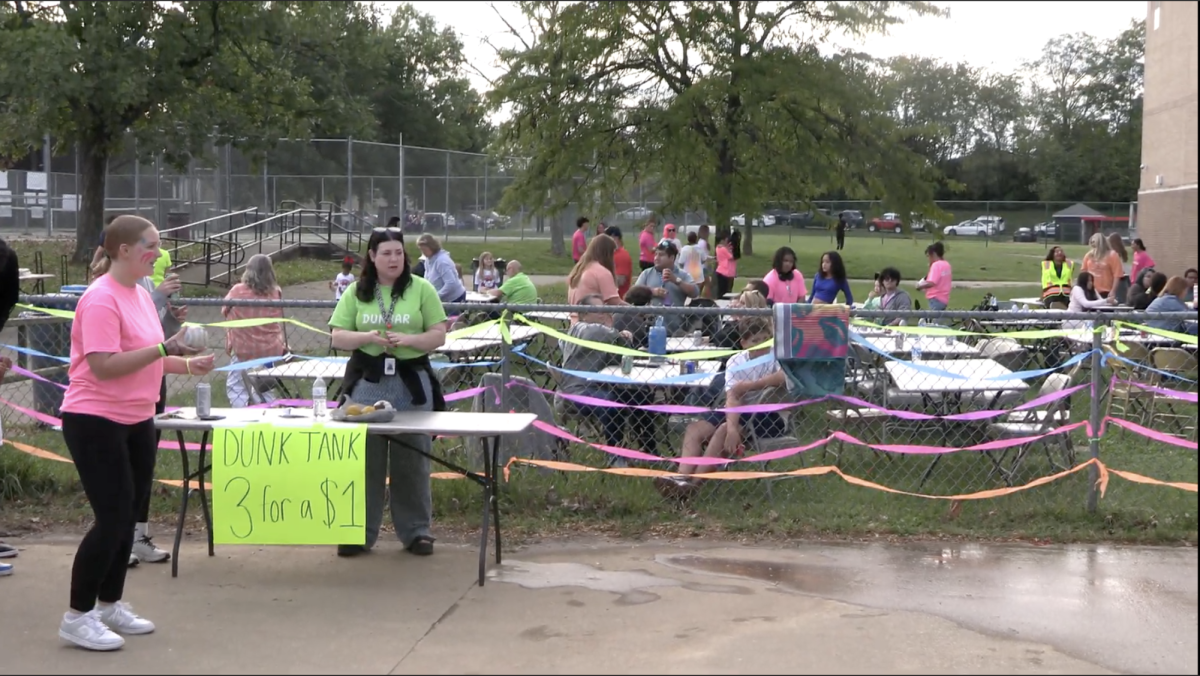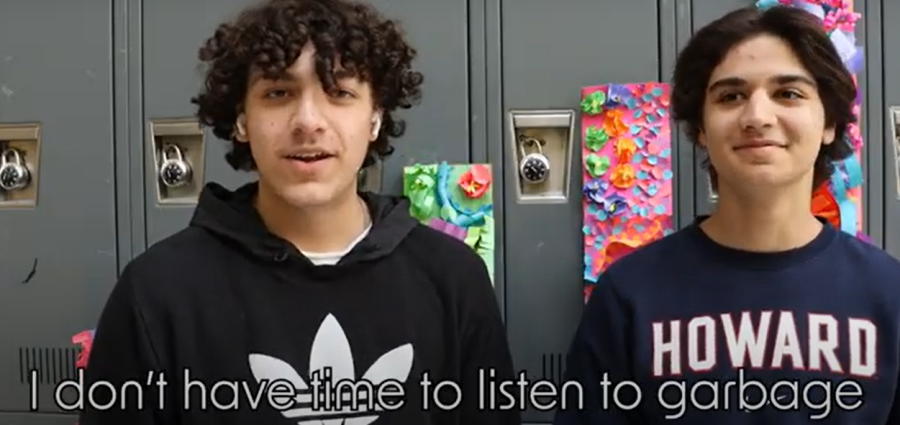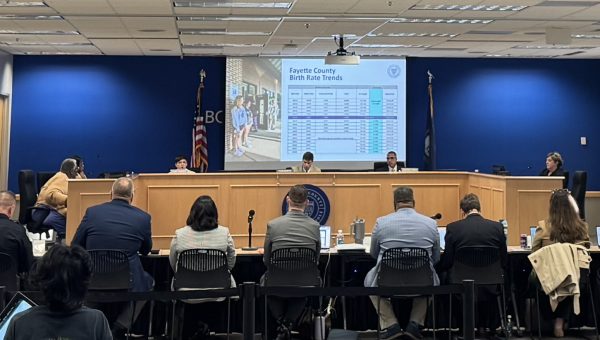Do Schools Favor Extroverts?
Introversion and extroversion are common personality traits that are used to label individuals. A quiet, silent person in the back of the classroom is more likely to be called an introvert, while a loud, upbeat individual is more likely to be labeled as an extrovert.
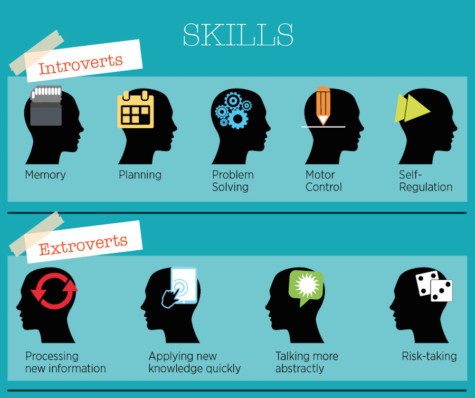
People often have different skill sets based on their introversion or extraversion.
“Introverts are not necessarily shy or anti-social, they just prefer environments that are not over-stimulating and get their energy from quiet time and reflection. Conversely, extroverts need to be around other people to recharge their batteries,” according to BBC.
Introverts usually identify themselves as being tired after holding conversations, needing space to recharge, noticing small details and thinking before speaking out loud and sharing ideas with those around, according to the Huffington Post. However, the world often has a way of favoring extroverts.
Socratic discussions, participation grades or even random questions that put a student on the spot in class all put introverts at a disadvantage. Most introverts feel uncomfortable having to speak in class or raise their hand and often do so only to be interrupted by someone else. Introverts may feel extremely nervous and hesitant just to make a statement in class and want to work by themselves instead of being paired up into groups.
“In a way, education by its nature favors the extrovert because you are taking kids and putting them into a big classroom, which is automatically going to be a high-stimulation environment,” said Susan Cain, in an interview for The Guardian. “The best way of teaching, in general, is one on one, but that’s not something everyone can afford. So, school ends up becoming this place where introverted kids learn that they have to act like extroverts.”
In Socratic discussions, often simply referred to as Socratics, students are required to ask questions and offer answers to questions, acting as an in-class discussion. Teachers usually take Socratics as a grade. Those who do not speak or contribute to the discussion do not receive full credit. Introverts often find Socratics to be nerve-wracking experiences that can also cause anxiety. Many introverts have trouble speaking up in a group, especially when extroverts take control of the discussion.
“You have to know the difference between being an introvert and being shy. I definitely think Socratics can be a tough situation for introverts, but I think the key here is to be prepared. If you come prepared, then it would make it a lot easier for you to speak up, in comparison to extroverts who can easily make it up as they go, “ said English teacher Sidney Durham. “If you can anticipate what the questions are, it’d be a lot easier to prepare for them ahead of time and still be able to respond.”
Many introverts are shy and quiet-spoken, but this is not a characteristic that is strictly attached to introverts. According to Quiet Revolution, “Shyness is the fear of negative judgment, and introversion is a preference for quiet, minimally stimulating environments.”
“In Socratics, you shouldn’t favor extroverts. If a student is really shy maybe only make them talk when they feel comfortable. Introverts shouldn’t be excluded just because they aren’t comfortable with sharing their thoughts,” said a student who wished to remain anonymous.
When introverts feel uncomfortable, they often don’t work as well as they do when they’re relaxed, which is a huge disadvantage for them. Their true capabilities rise from underneath the surface when they are comfortable in their own space. However, being forced to interact with others can make them anxious and stressed.
Introverts are inside thinkers that value one on one conversation over group discussion. Schools should value both extroverts and introverts equally and in ways that both groups will be able to show their potential through different classwork and expectations.
“While [introverts] may be the quiet ones in the group, one of the greatest strengths introverts possess is a keen power of observation. The best leaders are the best communicators, and the best communicators know how to listen,” said Psychology Today.
Instead of being told to change themselves, introverts should be encouraged to be themselves in school. Grades based on how often people speak automatically put introverts at a disadvantage over extroverts who like to speak and share their thoughts. Socratics and such should be adjusted accordingly to help introverts get the grade that they deserve as often as extroverts do.
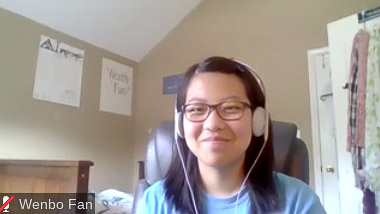
My name is Wenbo Fan and this is my fourth year on Lamplighter. Since starting Lamplighter freshman year, I’ve learned that journalism can change the...
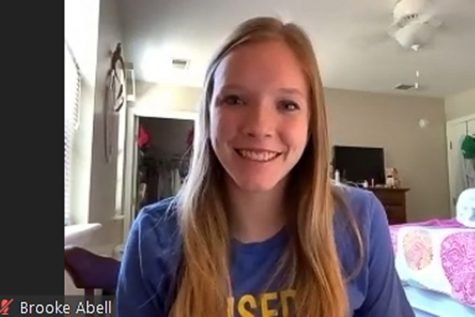
My name is Brooke and this is my 4th year on staff. I am one of the writing editors in chief this year.
Ever since my freshman year in the program,...



